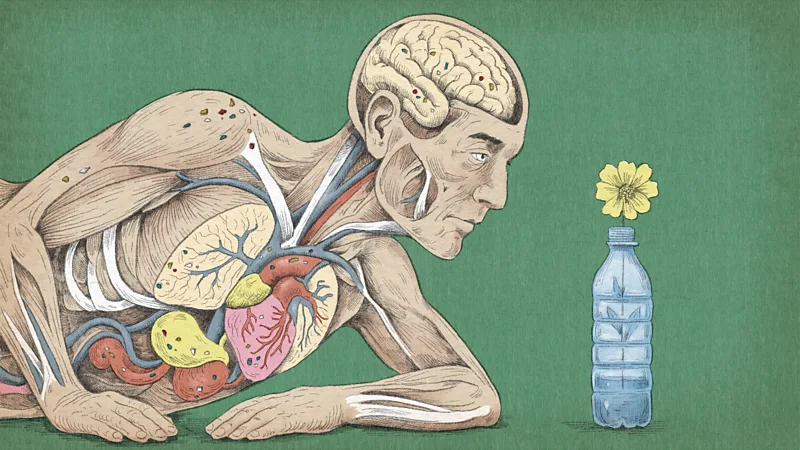Taliban bans the sound of women’s voices singing or reading in public
Afghanistan’s Taliban rulers are cracking down on the sound of women’s voices in public, under a strict new set of vice and virtue laws under the Islamist regime.

The laws were issued Wednesday after they were approved by supreme leader Hibatullah Akhundzada, a government spokesman said, and cover aspects of everyday life like public transportation, music, shaving and celebrations.
Among the new rules, Article 13 relates to women: It says it is mandatory for a woman to veil her body at all times in public and that a face covering is essential to avoid temptation and tempting others. Clothing should not be thin, tight or short.
Women are also obliged to cover themselves in front of non-Muslim males and females to avoid being corrupted. A woman’s voice is deemed intimate and so should not be heard singing, reciting, or reading aloud in public. It is forbidden for women to look at men they are not related to by blood or marriage and vice versa.
“Inshallah we assure you that this Islamic law will be of great help in the promotion of virtue and the elimination of vice,” said ministry spokesman Maulvi Abdul Ghafar Farooq on Thursday, of the new laws.
First formal declaration of vice and virtue laws
The 114-page, 35-article document seen by The Associated Press constitutes the first formal declaration of vice and virtue laws in Afghanistan since the Taliban seized power in 2021, when it also set up a ministry for the “propagation of virtue and the prevention of vice.”
The laws will empower the ministry to be at the frontline of regulating personal conduct, administering punishments like warnings or arrest if enforcers allege that Afghans have broken the laws.
The laws ban the publication of images of living beings, threatening an already fragile Afghan media landscape; the playing of music; the transportation of solo female travelers; and the mixing of men and women who are not related to each other. The laws also oblige passengers and drivers to perform prayers at designated times.
According to the ministry website, the promotion of virtue includes prayer, aligning the character and behavior of Muslims with Islamic law, encouraging women to wear hijab, and inviting people to comply with the five pillars of Islam. It also says the elimination of vice involves prohibiting people from doing things forbidden by Islamic law.
Last month, a U.N. report said the ministry was contributing to a climate of fear and intimidation among Afghans through edicts and the methods used to enforce them.
It said the ministry’s role was expanding into other areas of public life, including media monitoring and eradicating drug addiction.
“Given the multiple issues outlined in the report, the position expressed by the de facto authorities that this oversight will be increasing and expanding gives cause for significant concern for all Afghans, especially women and girls,” said Fiona Frazer, the head of the human rights service at the U.N. mission in Afghanistan.
The Taliban rejected the U.N. report.
-CNN






